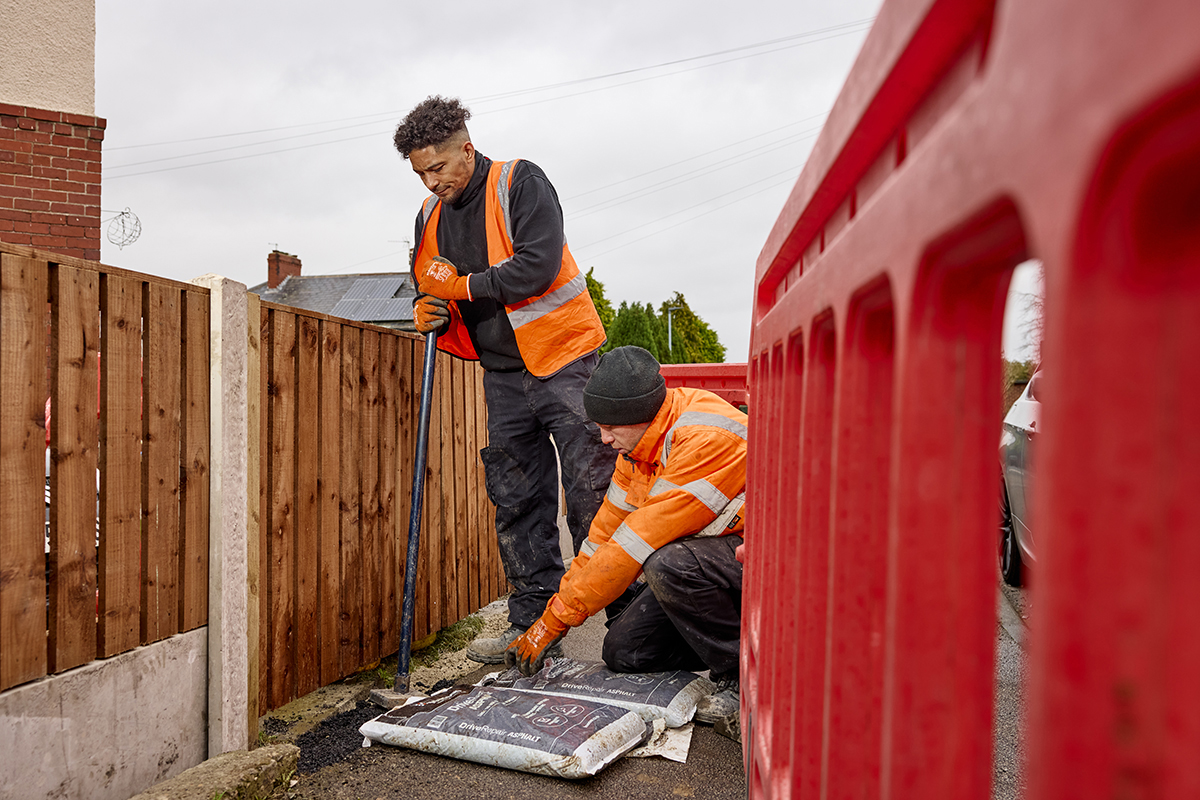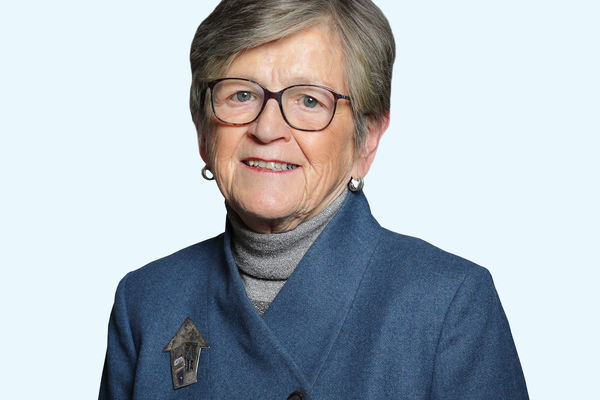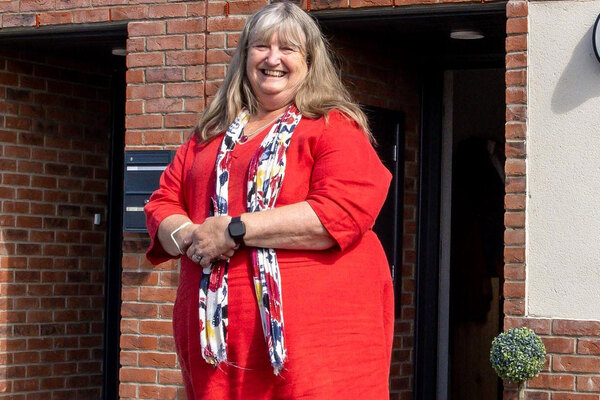You are viewing 1 of your 1 free articles

Rachael Williamson is head of policy and external affairs, and Matthew Scott is a policy and practice officer at the CIH
Why the government must urgently bring forward proposals for a social tariff in the energy market
The latest energy price cap might mean lower bills for some, but we really need some long-term thinking and solutions from the government, argue Rachael Williamson and Matthew Scott
On Friday last week, Ofgem announced the latest energy price cap, which will be in place from October to December.
While the new cap will mean lower bills for some, it’s still much higher than pre-pandemic levels – and there are no plans to repeat the universal discount of £400 funded by the government last winter.
Energy analysts Cornwall Insight has warned that prices will remain high for the foreseeable future and are likely to rise again from January. This highlights the limitations of a price cap and the need for a long-term solution to unaffordable gas and electricity costs: a discounted energy tariff targeted at low-income, vulnerable and fuel-poor households.
In April 2023, the government introduced new support packages for vulnerable households to replace the Energy Bills Support Scheme and other programmes thar ran over winter 2022-23. Although this support has been extremely welcome, all the evidence shows that energy debt and hardship continue to soar.
Data from energy regulator Ofgem shows that debt and arrears have increased by more than 107% over the past five years. Research compiled by Money Advice Trust shows this equates to approximately 5.5 million UK adults who are now behind on their energy bills – around 2.1 million more than in March 2022. An estimated 3.2 million people have also received repayment demands from their energy supplier that they cannot afford.
To avoid getting into (more) debt, a growing amount of people are simply not using their gas and electricity at all. A poll by Citizens Advice shows that in the past six months, nearly seven million people went without heating, hot water and electricity. This includes 2.2 million disabled people and 1.25 million children. In the past few months, two million people on pre-payment meters have been cut off from their supply because they could not afford to top up.
“Unless more strategic action is taken, the government faces years of having to intervene at the last minute to prevent disastrous winters for residents”
High energy prices are not affecting everyone equally. While some are dipping into savings or even installing solar PV to offset electricity costs, social housing residents are among the least able to respond to high prices.
Government data from 2022 shows that social housing residents are more likely to be financially vulnerable and least able to absorb increases in energy costs; almost half are in the lowest income quintile and only a quarter have any kind of savings. Those who report greater difficulty with rental costs are also more likely to pay for gas and electric using a pre-payment meter, exposing them to high standing charges and self-disconnection from supply.
Residents with long-term illnesses and disabilities are hit hardest. Living in a cold home is associated with the worsening or exacerbation of cold-related illnesses and disabilities. Government data from 2022 shows that 54% of social rented households had at least one occupant with a long-term illness or disability, compared with around 30% in owner occupied or private rented homes.
While they are welcome, small expansions of current schemes are ultimately insufficient for supporting residents with their energy costs in the long-term. Unless more strategic action is taken, the government faces years of having to intervene at the last minute to prevent disastrous winters for residents.
One of the only solutions to this situation is a social energy tariff. Charities, consumer groups and energy suppliers have all advocated for the introduction of such a tariff to provide a long-term, sustainable solution to high energy prices for those most in need of support.
Initially, the government seemed open to consulting on this. The minister for energy consumers and affordability stated on 24 April 2023: “The government intends to consult on options in summer 2023 that better targets support for those most in need… including social tariffs.”
This was welcome news to many, but, as covered by The Guardian, the government now appears to have indefinitely delayed these plans.
The delay is devastating to people who are desperately looking to the government for leadership and solutions. This is especially the case for social housing residents, as modelling by Child Poverty Action Group shows that introducing a social tariff could cut fuel poverty rates in local authority and housing association homes by over 50% and be much more effective than ongoing cycles of cost of living payments.
We’re calling on the government to reconsider and urgently bring forward its proposals for consumer protection and a social tariff. Our report setting out the benefits of a social tariff for social housing – A social energy tariff: the benefits of energy market reform for the social housing sector – can be found here.
Rachael Williamson, head of policy and external affairs; and Matthew Scott, policy and practice officer, Chartered Institute of Housing
Sign up for our daily newsletter
Already have an account? Click here to manage your newsletters












